
“Ortaklaşa: Culture, Dialogue and Support Programme”, implemented by the Istanbul Foundation for Culture and Arts (İKSV) and supported by the European Union, and carried out in collaboration with the Marmara Municipalities Union (MBB), concluded its three-year journey with the closing event “We Called It Ortaklaşa”. The event organised on 6 November 2025 at Feriye featured daylong sessions, a film screening, and a musical performance. Held in the venue Feriye along the Bosphorus strait, the event was also broadcast live on İKSV’s YouTube channel.
Participants at the event included representatives of the European Union Delegation to Türkiye, mayors from different cities of Istanbul, civil society representatives, culture professionals, and artists. Three years of fair, participatory, and inclusive collaborations were celebrated at the event. It was noted that the Ortaklaşa community is planned to expand from local level to Europe in the upcoming period in cooperation with the Culture Action Europe network.
Moderated by journalist Aysun Öz, the event started with keynote speeches by İKSV General Director Görgün Taner, Secretary General of Marmara Municipalities Union M. Cemil Arslan, and Deputy Head of the Delegation of the European Union to Türkiye, Chargé d’affaires ad interim Jurgis Vilcinskas.

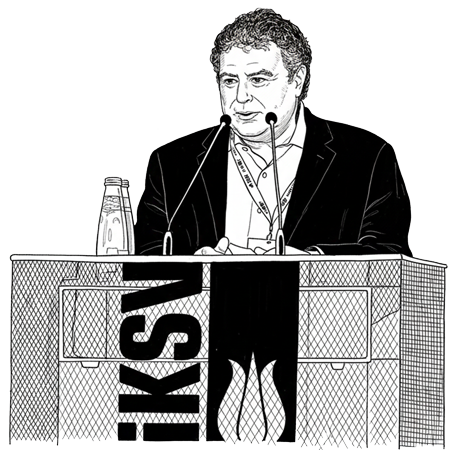
Görgün Taner:
“It is wonderful to see everyone who has worked for Ortaklaşa together. It was a productive, surprising, emotionally charged three years. In these three years people from the arts and culture world, civil society, and local governance came together, tried to understand one another and listened to one another to foster a space for dialogue,” and emphasised that “with the project, civil society and local governance will now seek the answer to the question of how can we better build the future together.”

M. Cemil Arslan:
“Ortaklaşa has been a programme that was truly worthy of its name. It brought together civil society organisations working in the field of culture and arts and municipalities at the same table. We experienced all together how trust, dialogue, and collaboration is possible on the local level.”
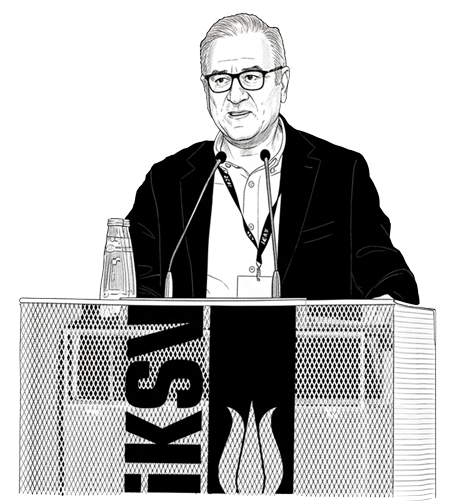

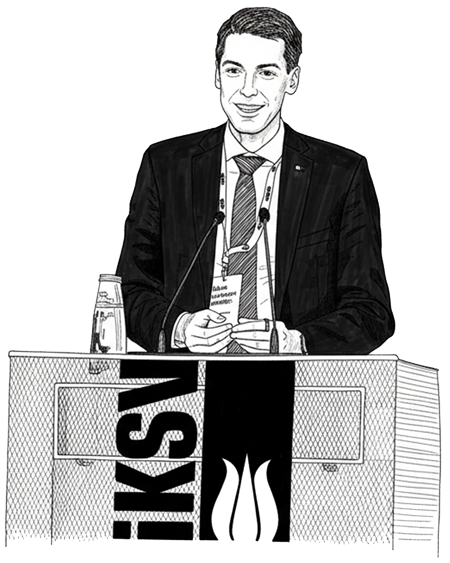
Jurgis Vilcinskas:
“It is wonderful to see everyone who has worked for Ortaklaşa together. It was a productive, surprising, emotionally charged three years. In these three years people from the arts and culture world, civil society, and local governance came together, tried to understand one another and listened to one another to foster a space for dialogue,” and emphasised that “with the project, civil society and local governance will now seek the answer to the question of how can we better build the future together.”

İKSV Cultural Policy Studies Director Özlem Ece, who answered Aysun Öz’s questions at the first session noted,
“Cultural policies encompass not just art but also freedom of expression, democratic participation, and the culture of co-existence. As İKSV, we have been carrying out projects that strengthen dialogue and build new partnerships on the local level for the sustainability of culture and arts since 2010. Ortaklaşa, which we built based on this experience, showed that trust-based relationships between municipalities and civil society is possible through developing a fair, participatory, and inclusive collaboration model in the sphere of culture.”
Also summarising the activities realised in scope of the programme, Özlem Ece said,
“a total of 1.3 million Euros of grants were awarded to 13 projects over the course of three years; 44 culture professionals were employed; six culture and arts spaces were repurposed; 22 spaces again played host to culture and arts events. Sixteen workshops were organised in scope of the projects, six cultural policy documents, six protocols, four books, one guide, and one research report were published. Approximately 50,000 people, 5,000 of them children, came together for arts and culture through festivals, exhibitions, a children and the city biennial, concerts, and arts and culture days. Ortaklaşa reminded everyone once again that culture and arts is also the common language of co-existence, trust, and solidarity.”
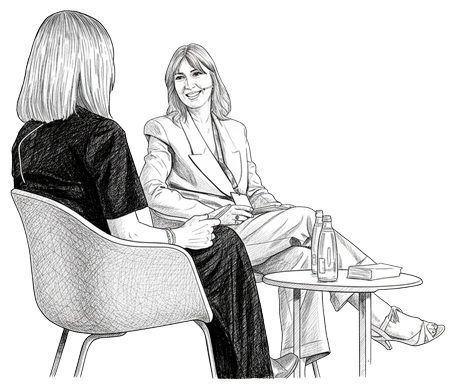
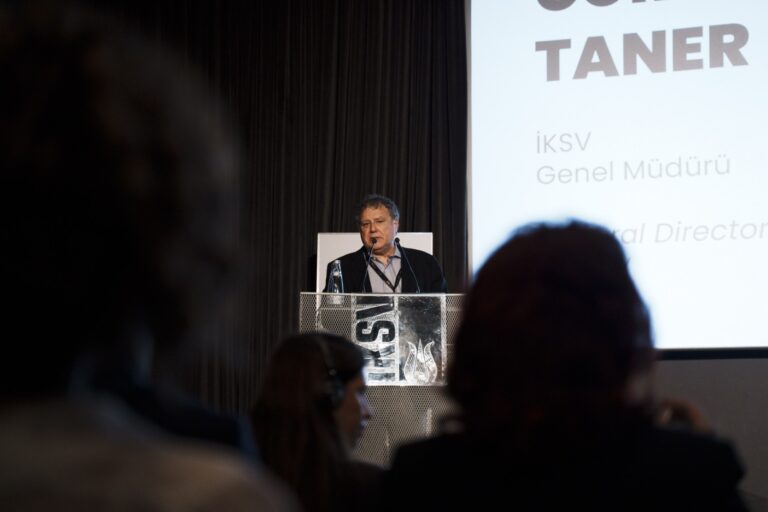
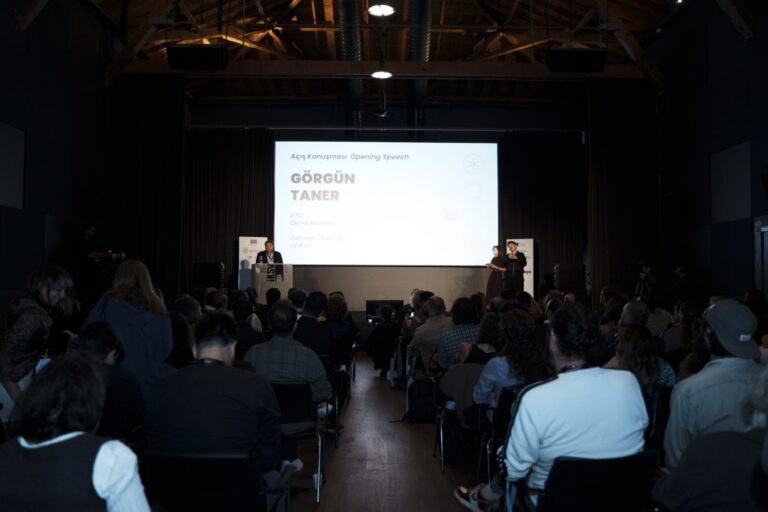
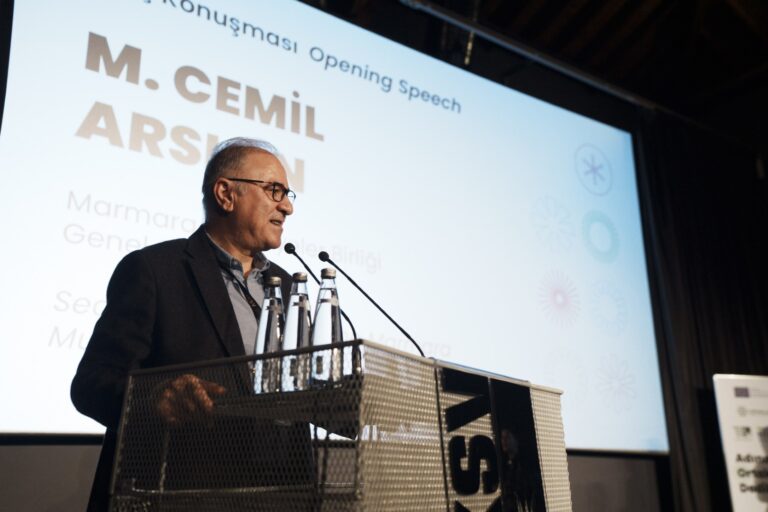
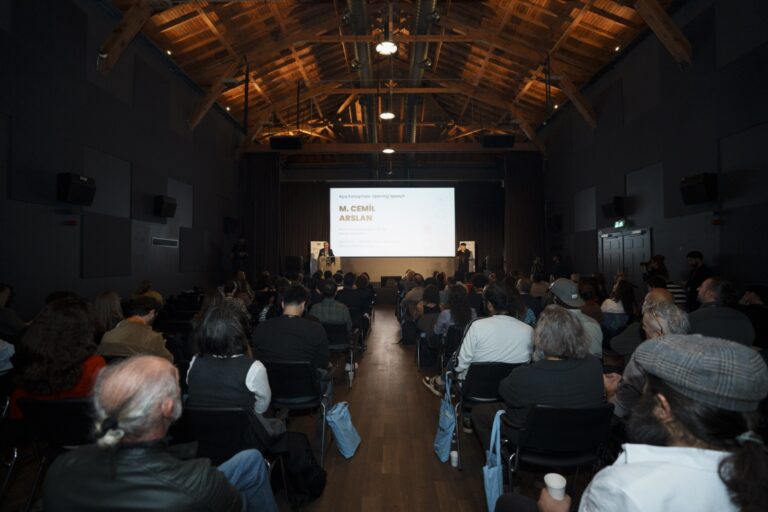


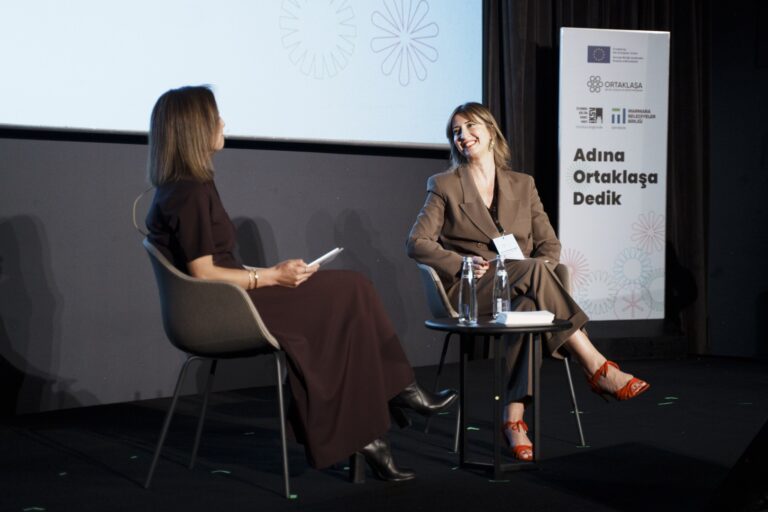
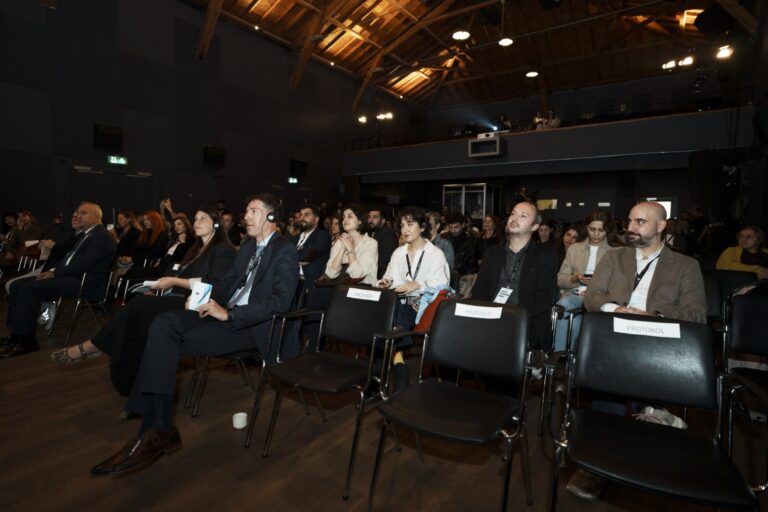
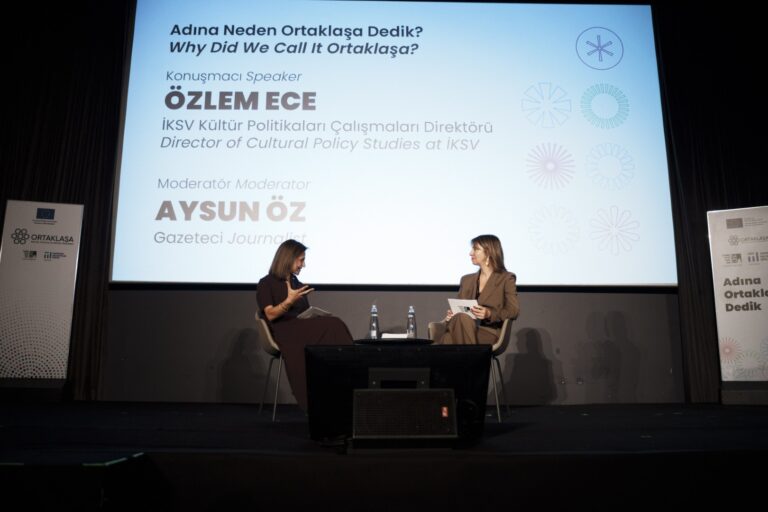

The event continued with the film screening titled “We called it Ortaklaşa” directed by Vuslat Karan and Burcu Melekoğlu, compiling the stories of the three years.

At another session in the morning, an interview was held with Professor Füsun Üstel, who penned the policy document “A Road Map for Fair Cultural Cooperation: Ortaklaşa Values and Actions”. The session, moderated by Associate Professor Erdem Çolak, explored the conceptual framework of the principles of access, participation, and inclusivity and how these principles can be reflected in cultural collaborations.
The policy document is based on the search conferences organised in different cities of Türkiye in scope of the Ortaklaşa Dialogue Programme and the findings of the Ortaklaşa Sub-grant Programme. Underling the importance of trust-based, participatory, and inclusive collaborations between municipalities, cultural institutions and civil society, the policy document brings together recommendations such as the establishment of municipality-CSO cooperation departments at municipalities and measures for municipalities to provide spaces for CSOs, and emphasises that collaborations based on dialogue and co-production are essential in the establishment of cultural justice.
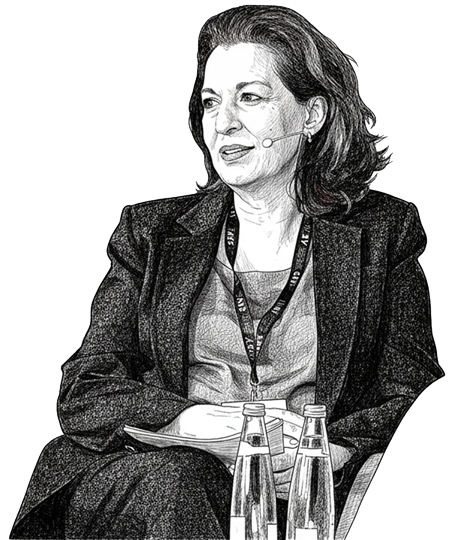

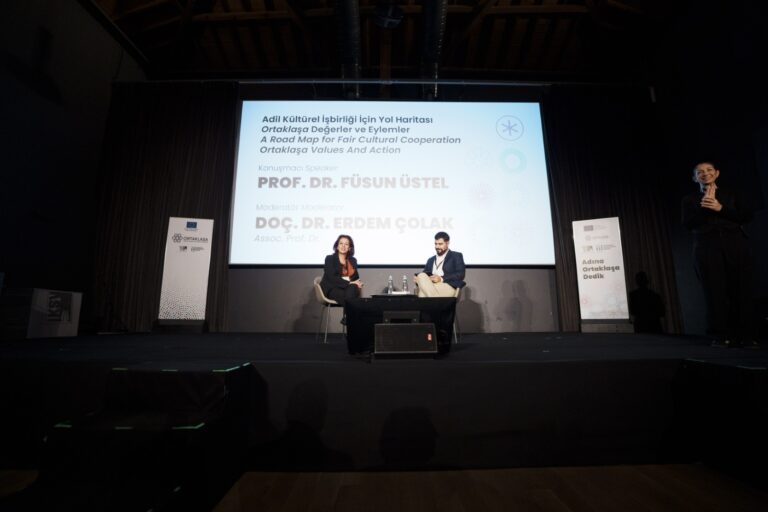
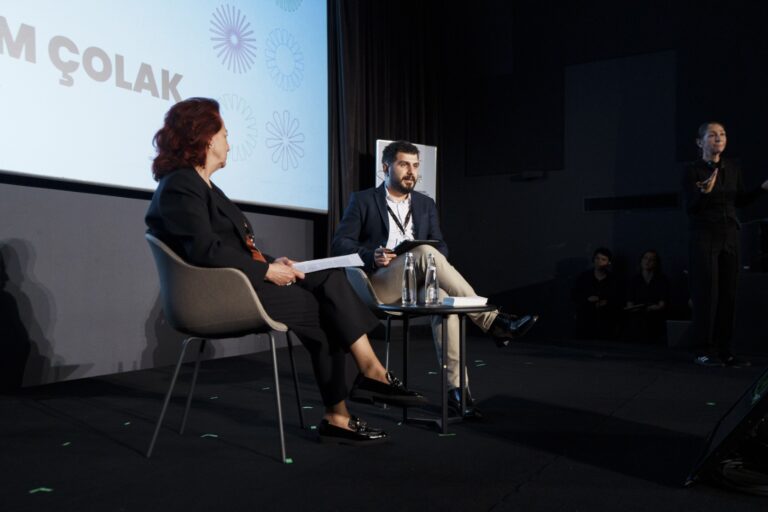
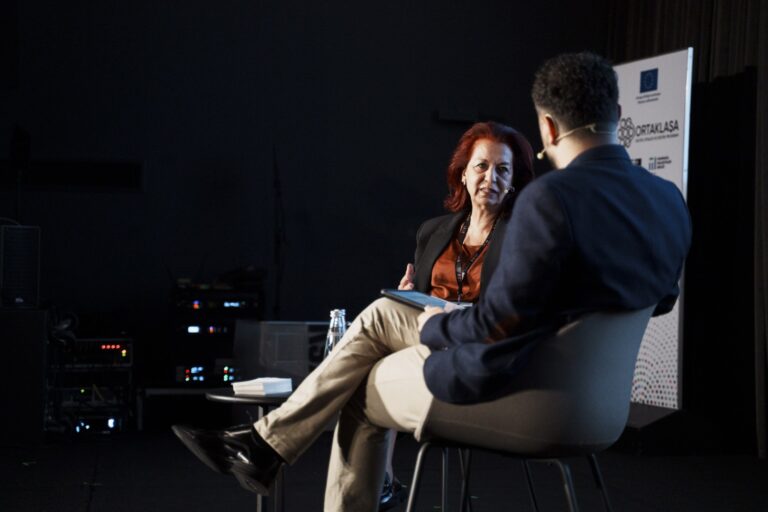
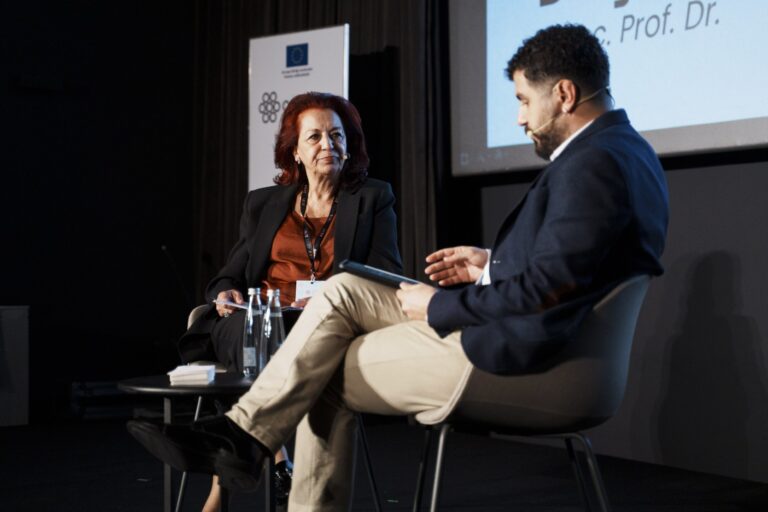

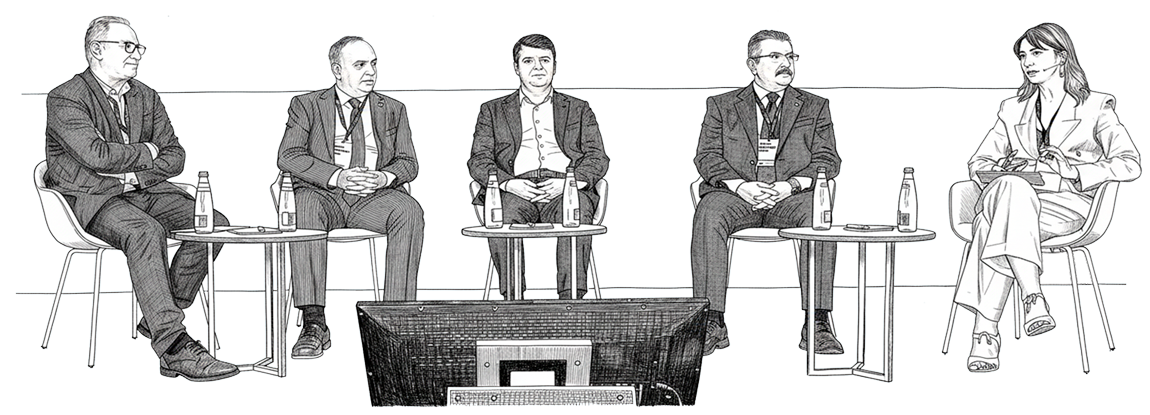
In the afternoon session titled “Local Cultural Collaborations in Türkiye,” Adıyaman Mayor Abdurrahman Tutdere, Borçka Mayor Ercan Orhan and Merzifon Mayor Alp Kargı shared their experiences in scope of the Ortaklaşa project and the impact of cultural collaborations at the local level on city life.
The session was moderated by Secretary General of Marmara Municipalities M. Cemil Arslan and İKSV Cultural Policy Studies Director Özlem Ece. In his speech, Adıyaman Mayor Abdurrahman Tutdere noted, “To enable the citizens of our city to again hold on to life; to mend the shattered lives, the healing power of culture and arts was made the focal point as agreed by all of us. I again thank all the stakeholders who contributed to this”, while Borçka Mayor Ercan Orhan said, “I thank İKSV created a difference in society through culture and arts and acted as an intermediary for this collaboration for culture to become engrained in memory.” Merzifon Mayor Alp Kargı stated that “through Ortaklaşa, municipalities and civil society can now easily be stakeholders in joint projects” and “projects built upon the fact that development begins at the local level” will succeed.
Case studies from the projects such as the Perre Children and City Biennial in Adıyaman, the Demir Elma (Iron Apple) Festival in Borçka and the Motorhane Culture Network in Merzifon were shared at the panel by the mayors.
Among the audience were Hopa Mayor Utku Cihan, Ardeşen Mayor Enver Atagün, and Kömür Mayor Hasari Talaş.
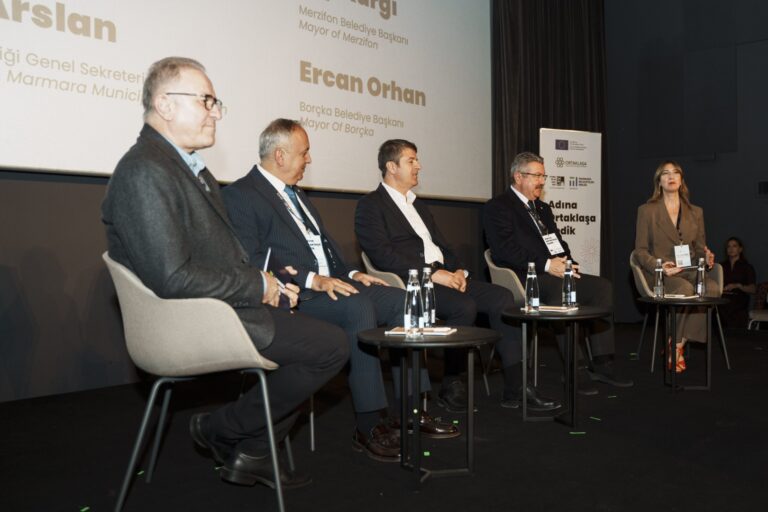


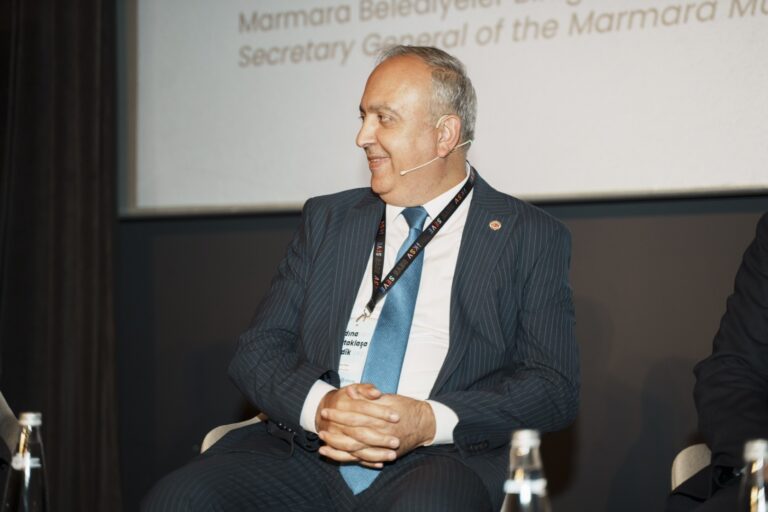
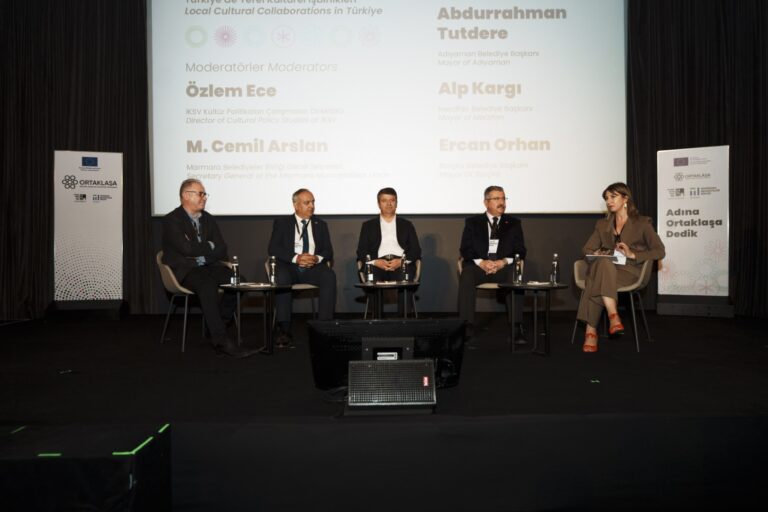
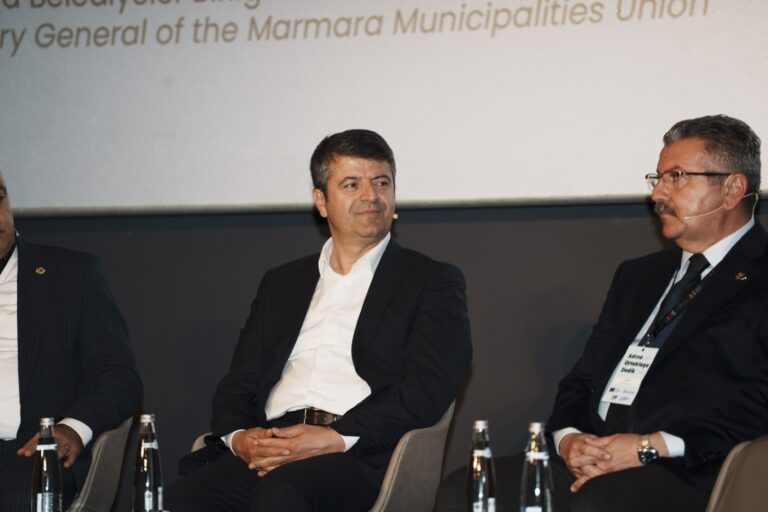

In the second half of the event, representatives of the 13 projects supported by Ortaklaşa Sub-grant Programme shared their projects with the participants in the session titled “Ortaklaşa Presents”. Representative from different geographies shared best practices that strengthened fair cultural cooperation at the local level through culture and arts. At the conclusion of this session, the team of Gola Association sang songs with the participants. The presentations were delivered with the moderation of architect Dr. H. Cenk Dereli.
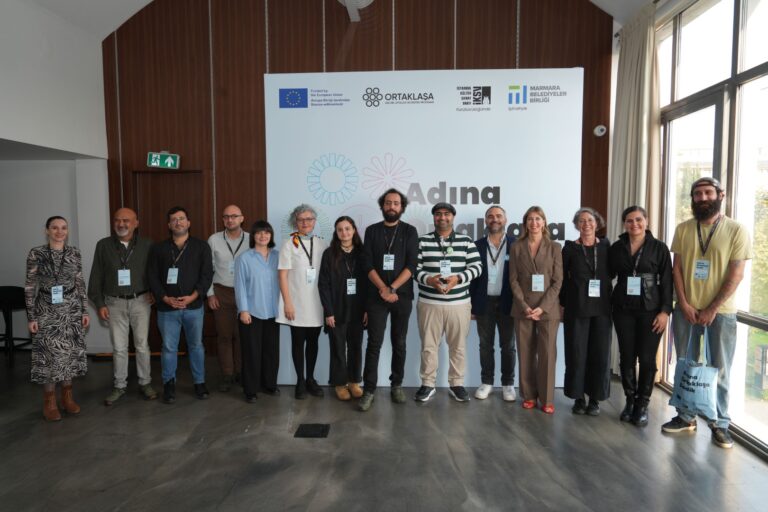
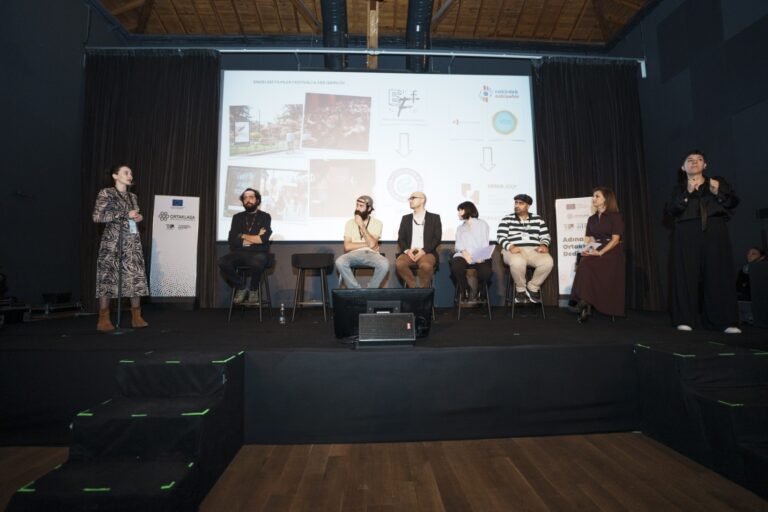
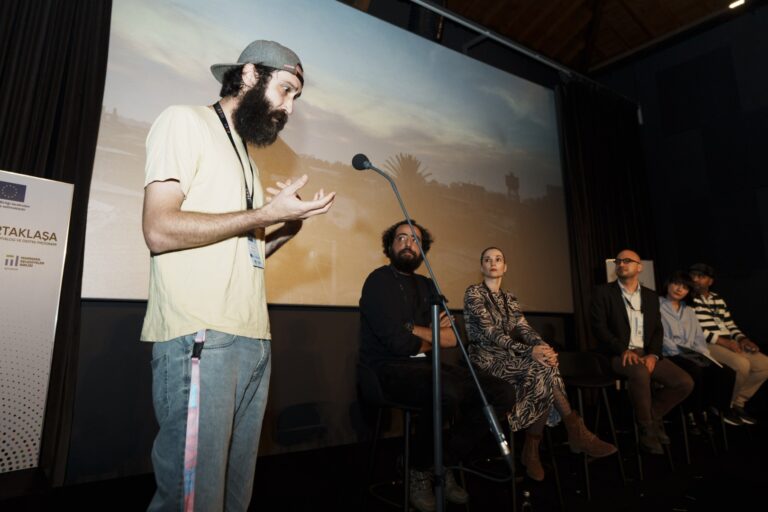

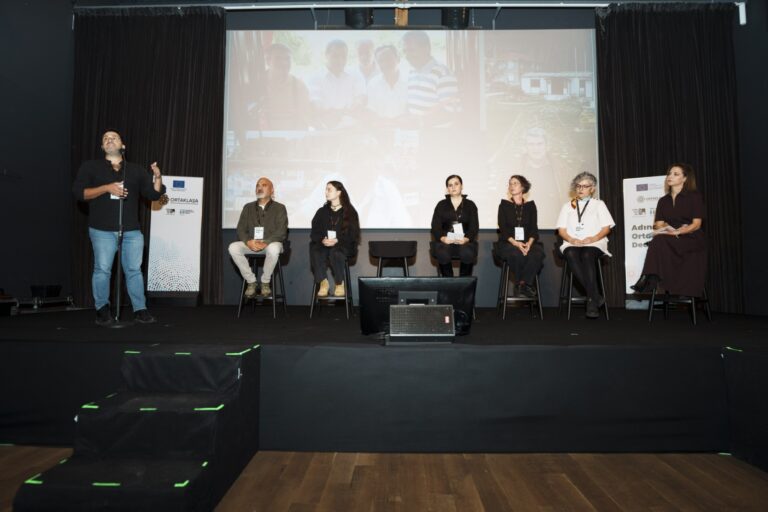
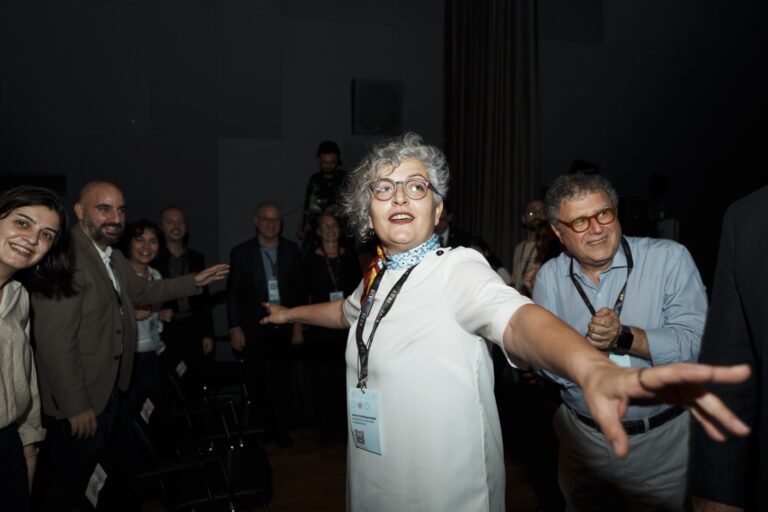

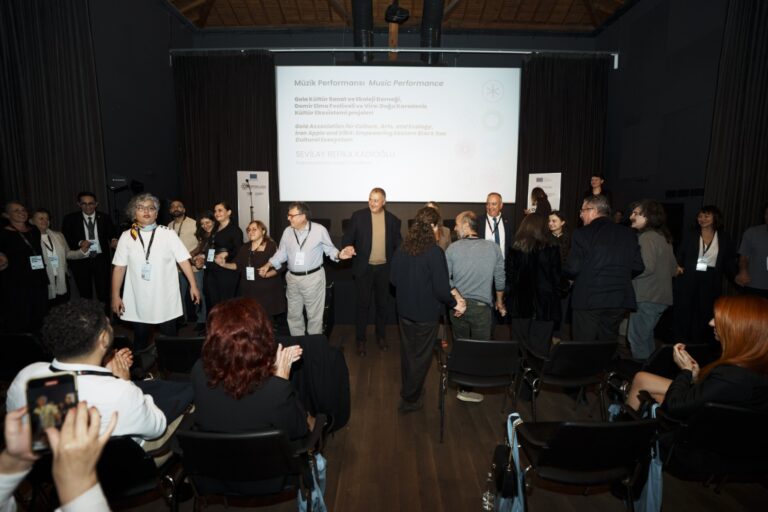
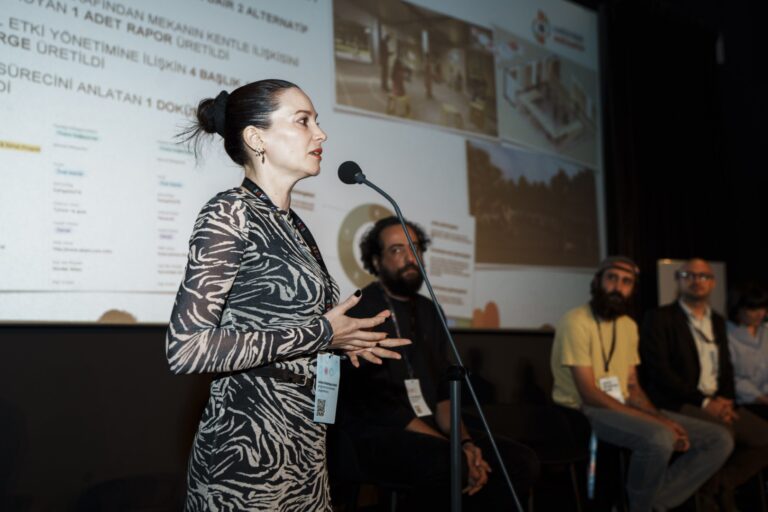
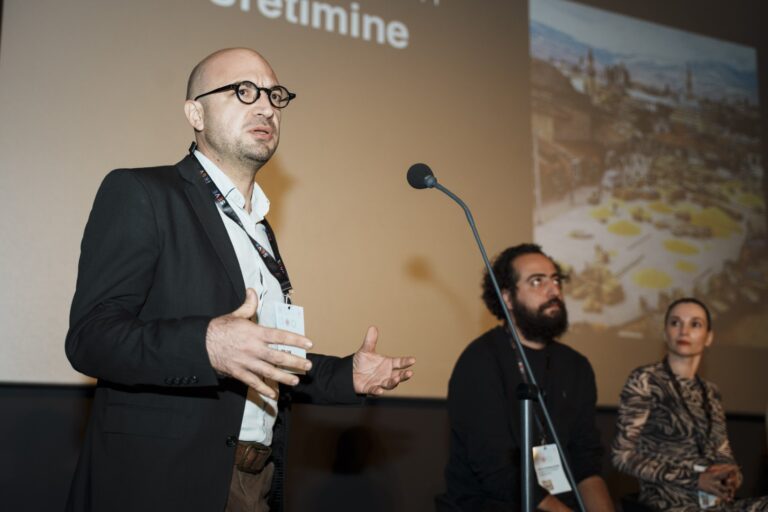
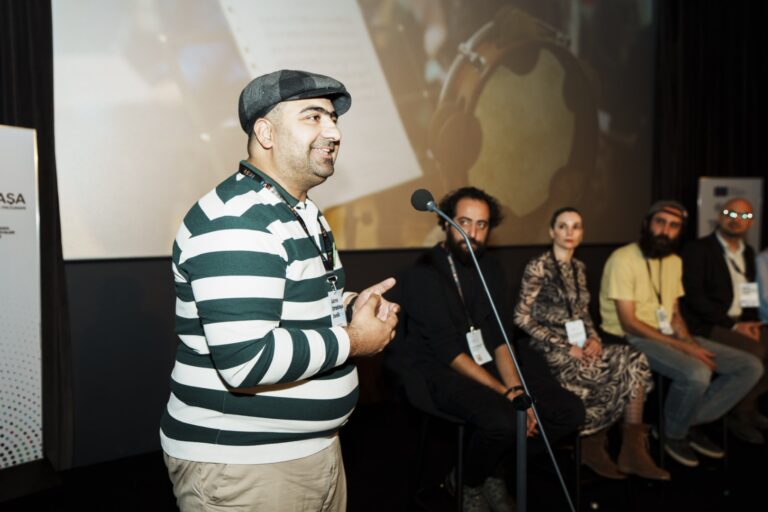
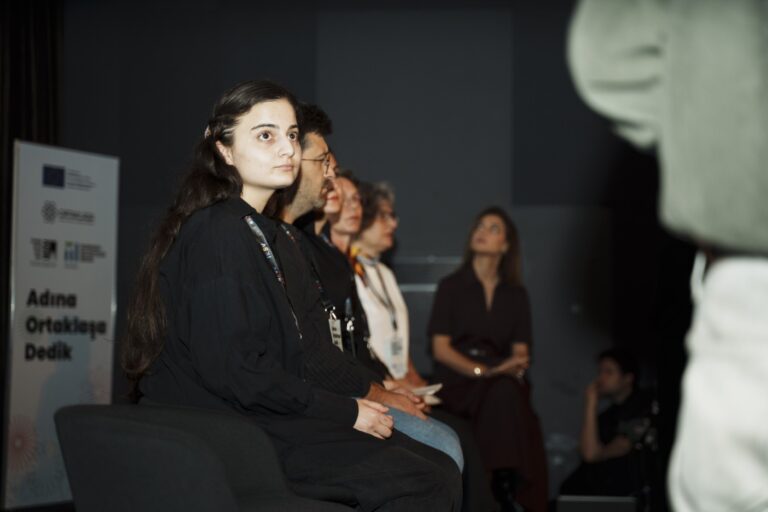
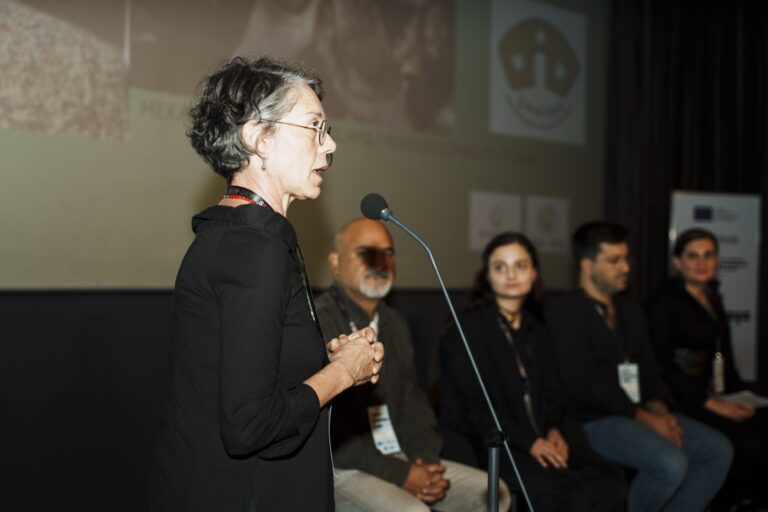
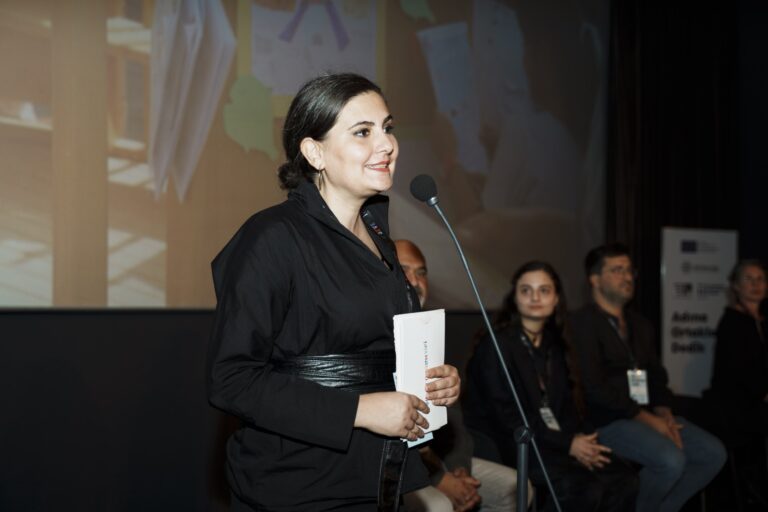
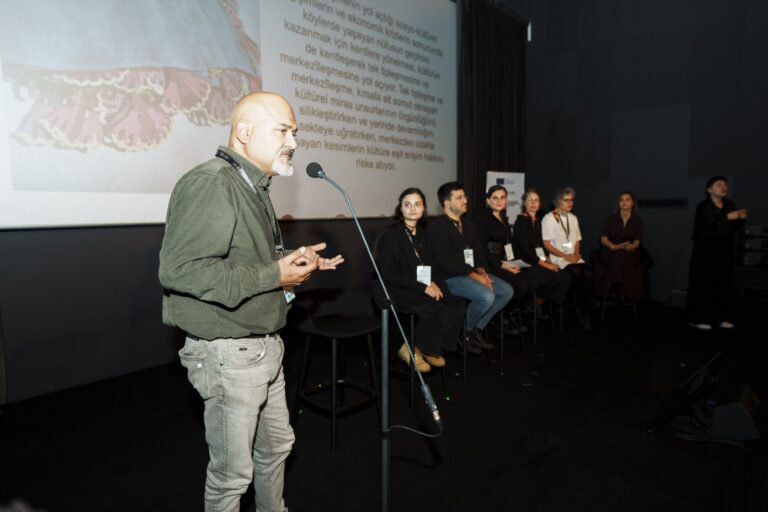
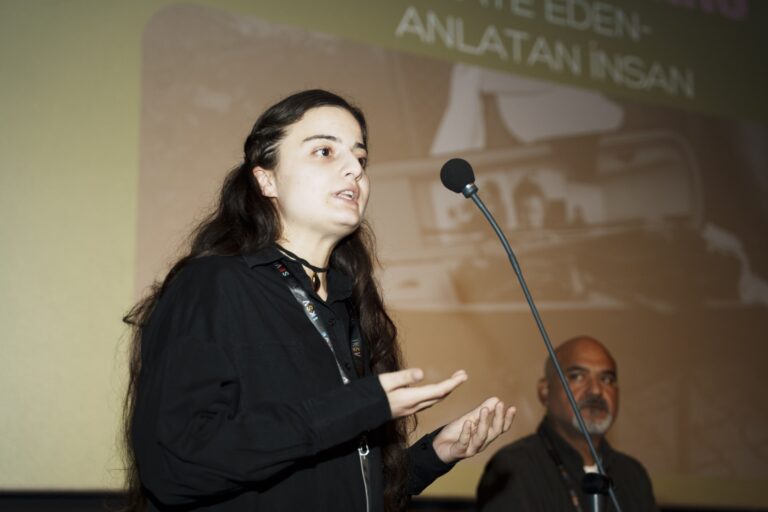
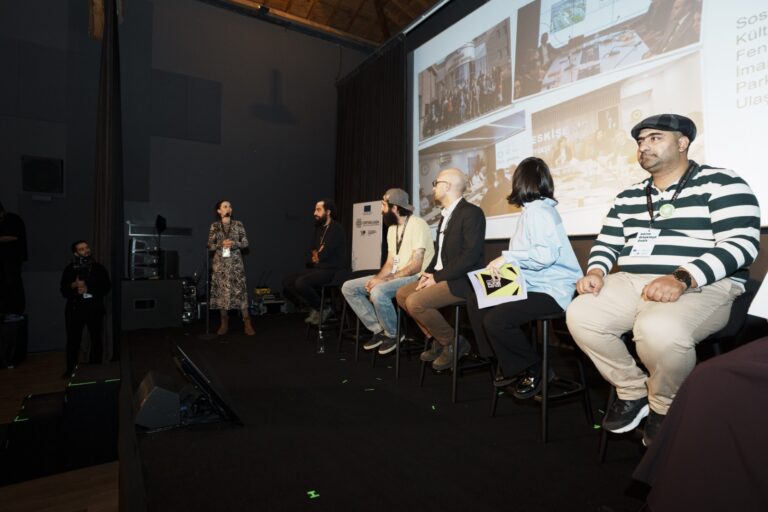

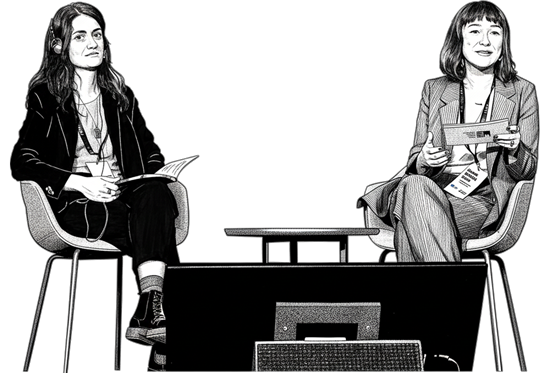
Having brought together tens of institutions and hundreds of culture professionals throughout Türkiye over the course of three years, Ortaklaşa has pioneered the development of fair cooperation models in the sphere of culture and arts. It was announced that the second phase of the project spanning 2026-2028 would be launched in January 2026. One of the strongest advocacy networks of Europe in the sphere of cultural policy, Culture Action Europe will be one of the partners of Ortaklaşa in its new phase. It is aimed for Ortaklaşa to contribute to cultural collaborations on the European level through new partnership networks.
In her talk moderated by Ortaklaşa: Culture, Dialogue and Support Project Director H. Selen Akçalı, Culture Action Europe General Director Natalie Giorgadze noted the importance of Ortaklaşa community’s objective of expanding through collaborations with European culture networks.
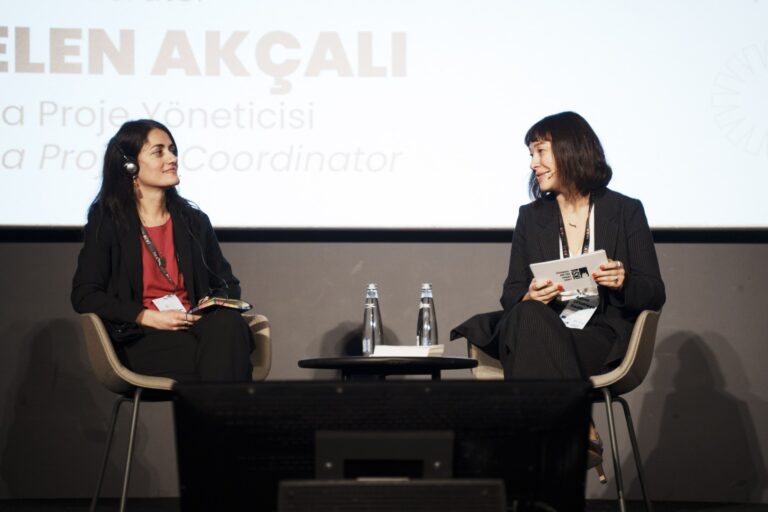
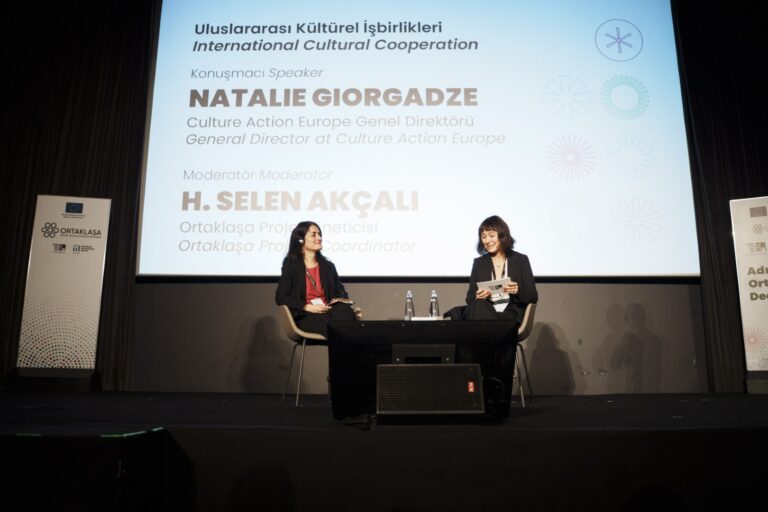

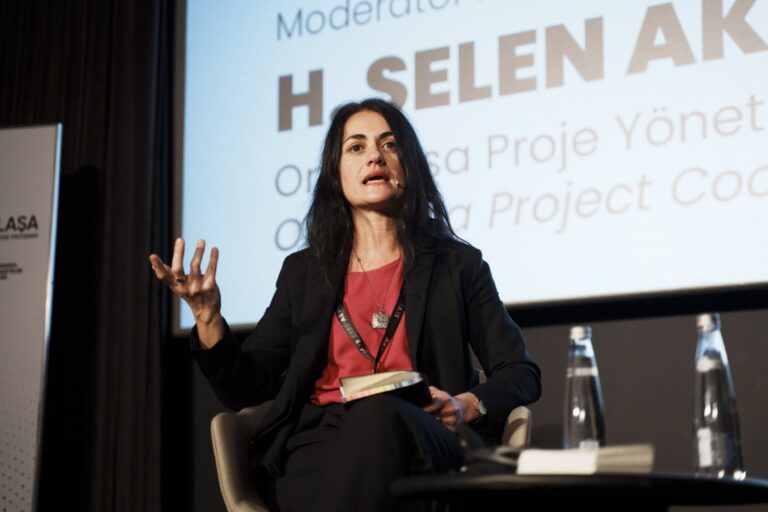

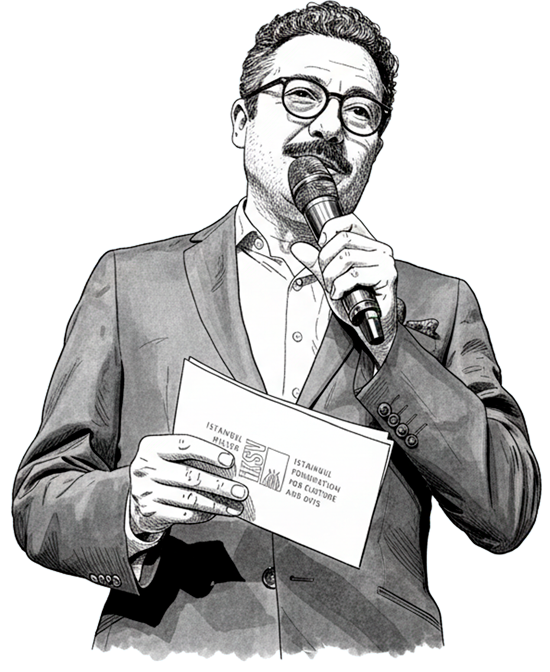
The event continued in the evening with a gathering at Salon İKSV. Launching the celebration, actor Yiğit Özşener underlined in his speech that all project partners “wrote stories of collaboration that made what once seemed impossible, possible,” and said:
“Ortaklaşa has evolved into a space of experience that brings together numerous actors through their ideas and actions. With its accumulated knowledge based on challenges faced and solutions developed, Ortaklaşa offers a framework for similar collaborative projects. I hope that Ortaklaşa will serve as a source of inspiration not only for stakeholders in the field of culture and arts but also for everyone who loves this beautiful country wholeheartedly and believes that together we are much richer and stronger.”
The celebrations continued with a special concert by the Hatay Academy Orchestra, followed by DJ sets from Asu Maro and Görgün Taner.